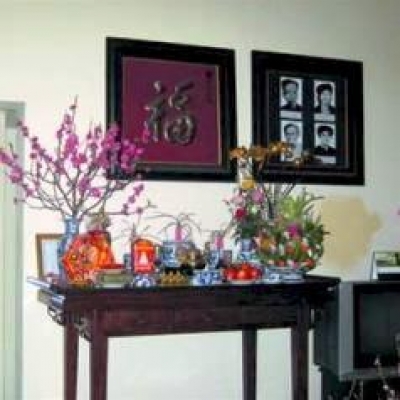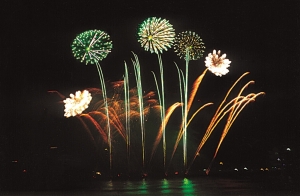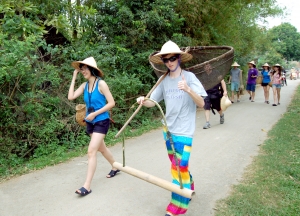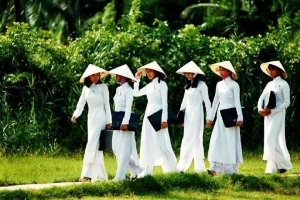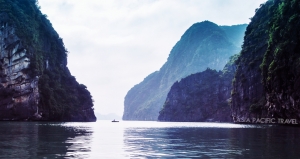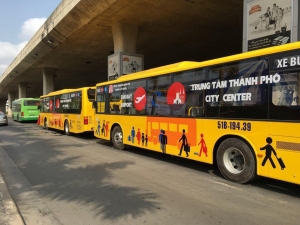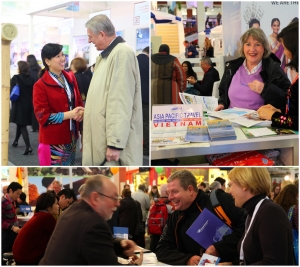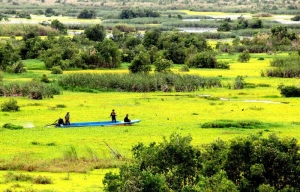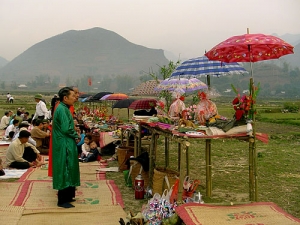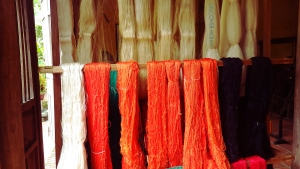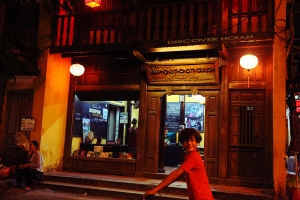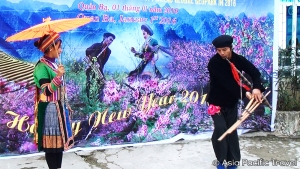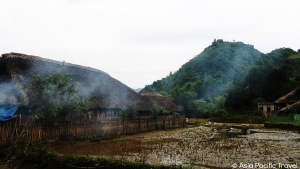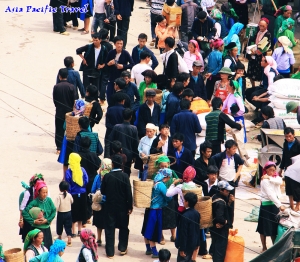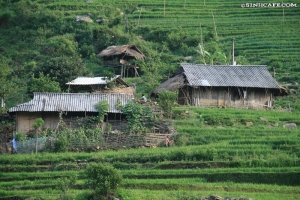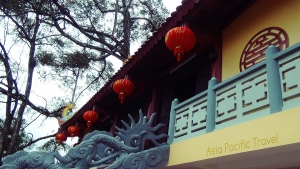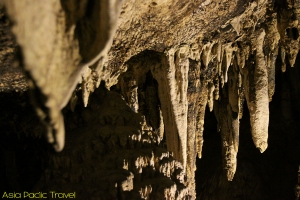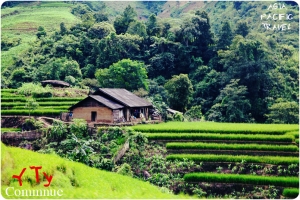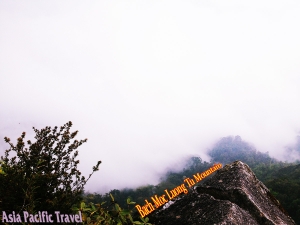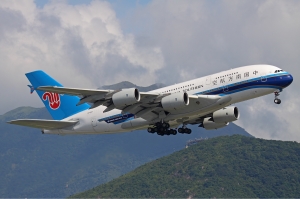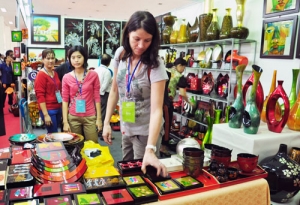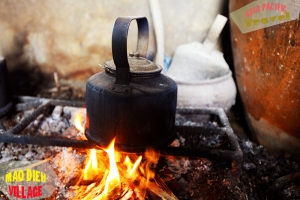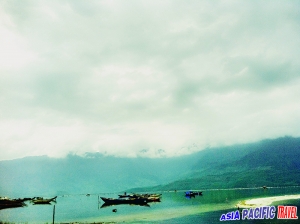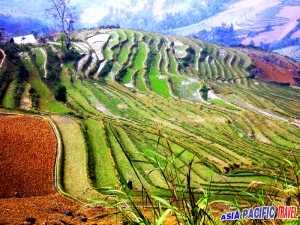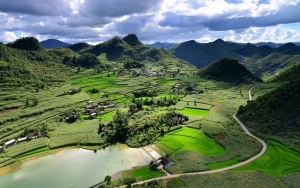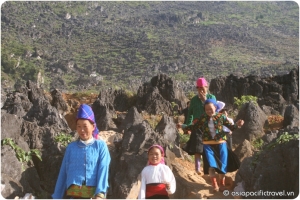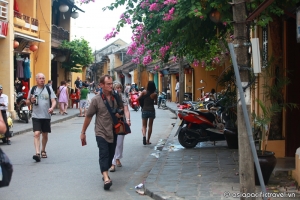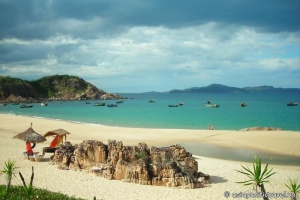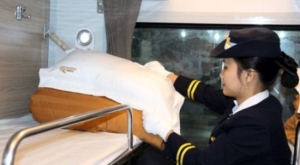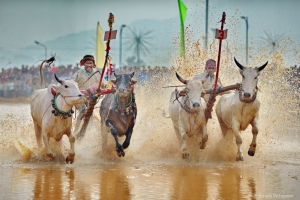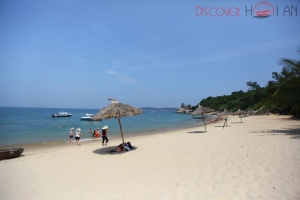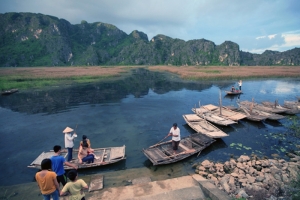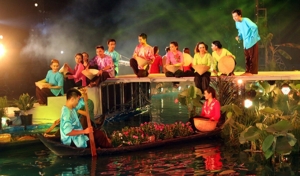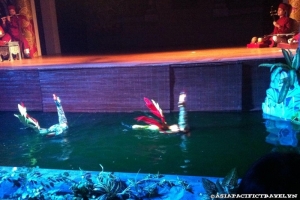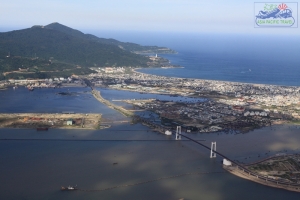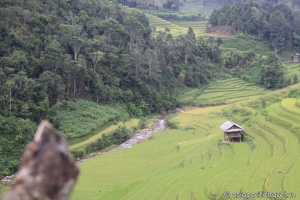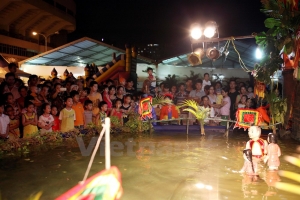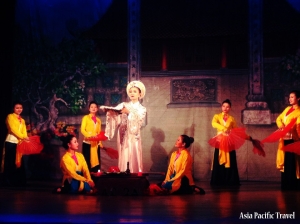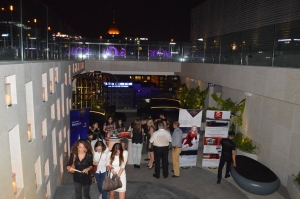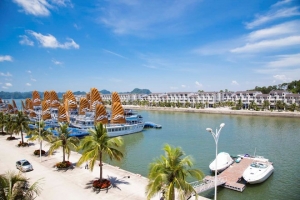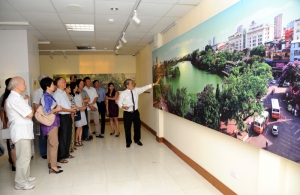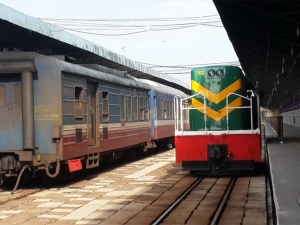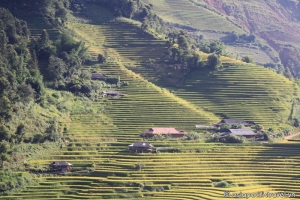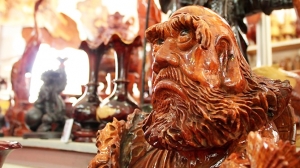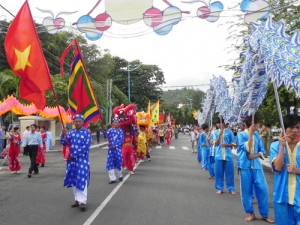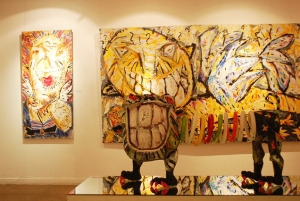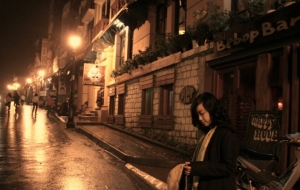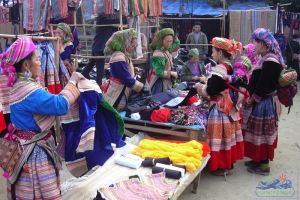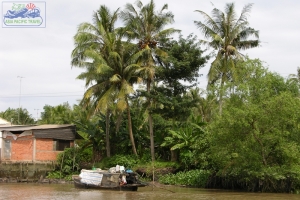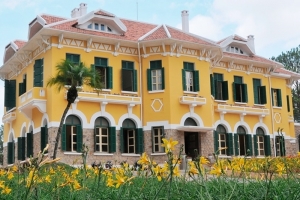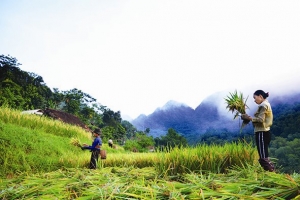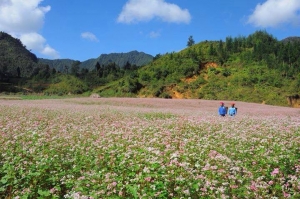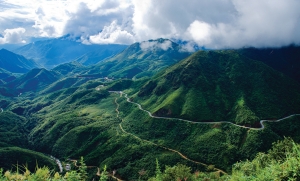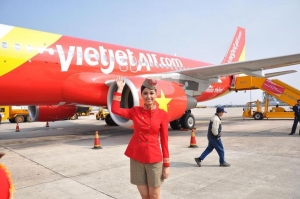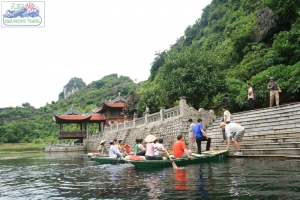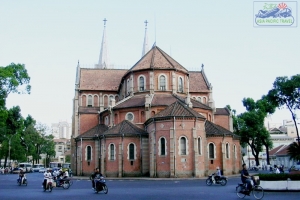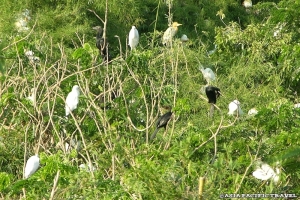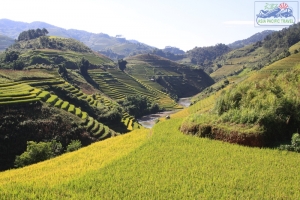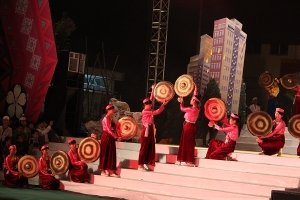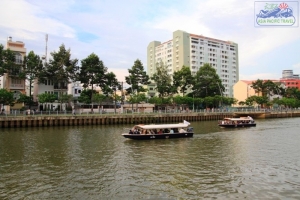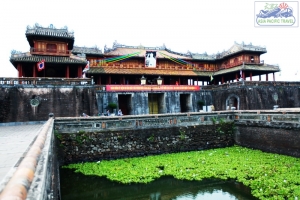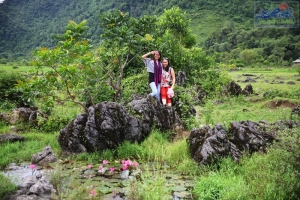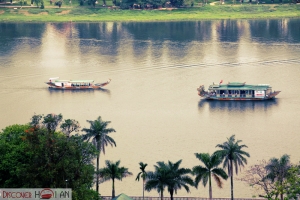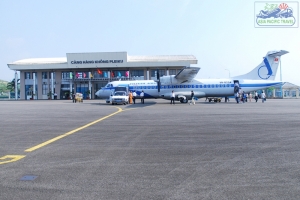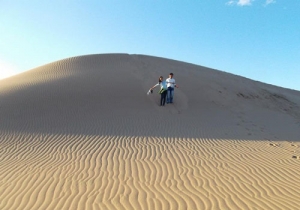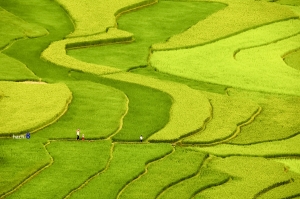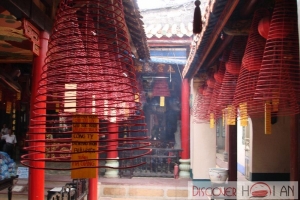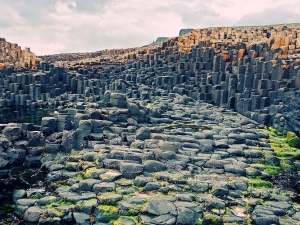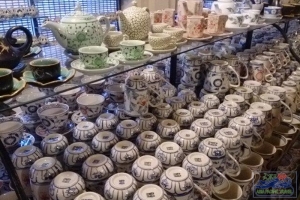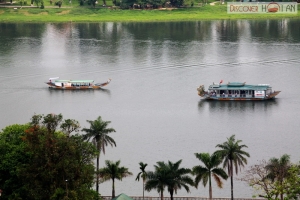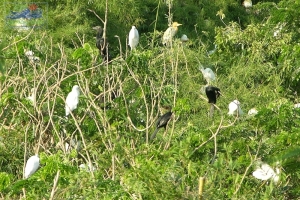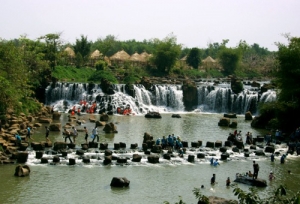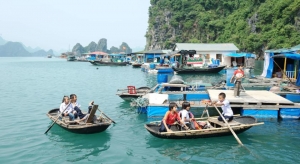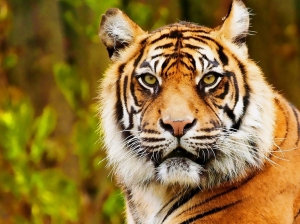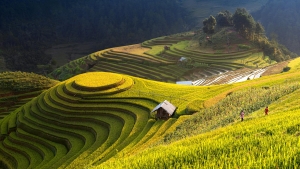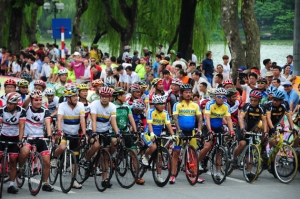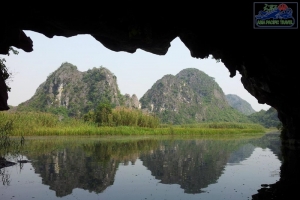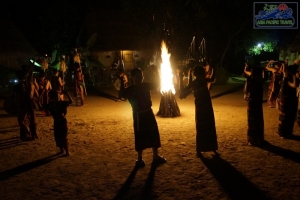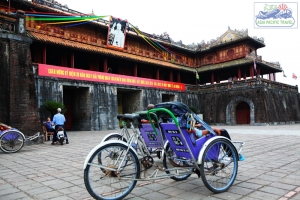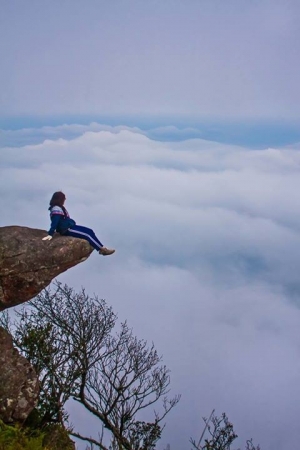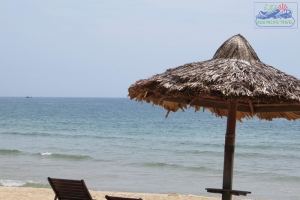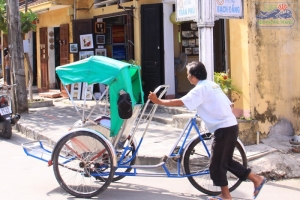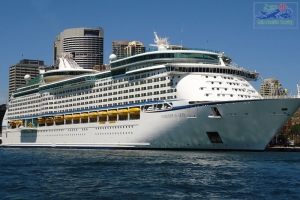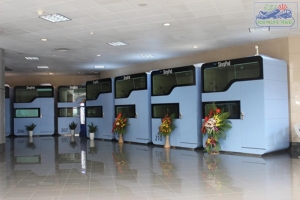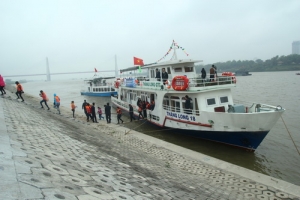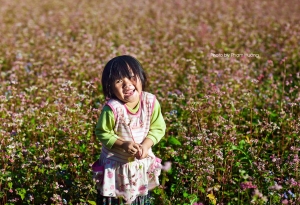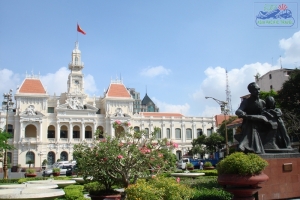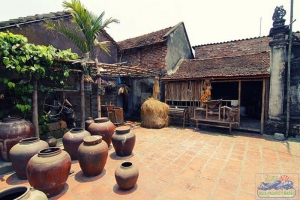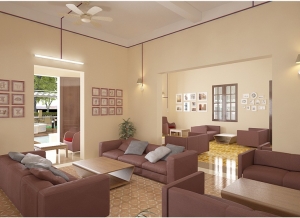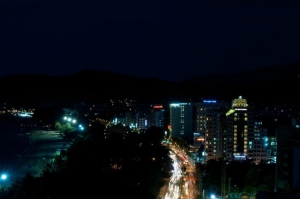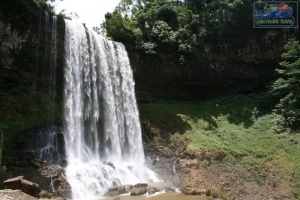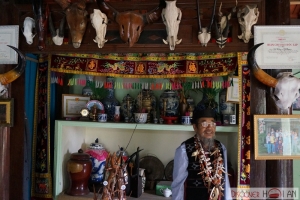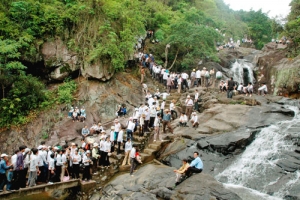Before the late 1980s, most Vietnamese people lived in villages, and the principal economic activity was to cultivate wet rice, the nuclear family including parents and their kids was considered as the basic component of rural society.
In Vietnamese culture, respect for parents and ancestors is a key virtue. The oldest man in the family is the head of the family and the most important family member. His oldest son is the second leader of the family. Sometimes, related families live together in a big house and help each other. The parents chose their children's marriage partners based on who they think is best suited for their child. When people die, their families honor their ancestors on the day of their death by performing special ceremonies at home or at temples and by burning incense and fake money for the one who died.
The Vietnamese believed that by burning incense, their ancestors could protect them and their family from danger and harm. Days before the ceremony starts, the family has to get ready, because they won't have enough time to get ready when the guests arrive and the ceremony starts. Usually the women cook and prepare many special kinds of food, like chicken, ham, pork, rice, and many more including desserts.
While the women are busy cooking, the men are busy fixing up and cleaning up the house, so it won't be messy and dirty because of all the relatives of the person that died will come for the ceremony and show honor and respect to that person. Families venerated their ancestors with special religious rituals. The houses of the wealthy were constructed of brick, with tile roofs. Those of the poor were bamboo and thatch. Rice was staple food for the vast majority, garnished with vegetables and, for those who could afford it, meat and fish.
The French introduced Western values of individual freedom and sexual quality, which undermined and the traditional Vietnamese social system. In urban areas, Western patterns of social behavior became increasingly common, especially among educated and wealthy Vietnamese attended French schools, read French books, replaced traditional attire with Western-style clothing, and drank French wines instead of the traditional wine distilled from rice. Adolescents began to resist the tradition of arranged marriages, and women chafed under social mores that demanded obedience to their fathers and husbands. In the countryside, however, traditional Vietnamese family values remained strong.
The trend toward adopting Western values continues in South Vietnam after the division of the country in 1954. Many young people embraced sexual freedom and the movies, clothing styles, and rock music from Western cultures became popular. But in the North, social ethnics were defined by Vietnam Communist Party’s principles. The government officially recognized equality of the sexes, and women began to obtain employment in professions previously dominated by men. At the same time, the government began enforcing a more puritanical lifestyle as a means to counter the so-called decadent practices of Western society. Traditional values continued to hold sway in rural areas and countryside, where the concept of male superiority remained common.
In the 1980s, the Vietnamese government adopted an economic reform program that freely from free market principles and encouraged foreign investment and development of Vietnam tourism. As a result, the Vietnamese people have become increasingly acquainted with and influenced by the lifestyles in developed countries of South East Asia and the West.


